
Radar | Jul 13,2019
Dec 10 , 2022
By Eden Sahle
My experience while going to other African and developed countries has been faced with affection and care from strangers. It does not matter where they come from, but they are often cheerful and happy to chat with me, respectfully.
During my recent trip to Frankfurt, I met fellow Ethiopians that work in a restaurant. One of them addressed me as "Nefese", a buzzword for 'my soul' meant to show affection. The rest waved at me from afar. I smiled back and chatted with some of them as I made my order.
After I was done with my meal, instead of being handed a bill, there was a large takeaway dessert and a paid receipt with all the expenses covered by the men I had just met in the restaurant. They considered my most incredible gratitude a welcome and said they were looking out for a sister even though I was a stranger to them.
During their break time, our chats led to the topic of the brutal violence back home, citing the recent death of civilians in Wellega, in the Oromia Regional State. Suddenly, our joyful conversation and laughter subsumed into sadness. I asked them if they felt comfortable living abroad instead. They were hesitant to start sharing stories at first but later told me what they believed - one at a time.
At the end of our discussion, we concluded that economic hardship is the main problem causing all these endless hostilities at home.
Indeed, research materials we have come across, showing a strong correlation between poverty and violence as the profound cause, backed our conclusion. The Arab Spring is an example of how violence can quickly erupt because of a lack of opportunities leading to high poverty levels. Similarly, analysing the research on the effects of poverty by international organisations and civil societies in Ethiopia alone reveals disturbing statistics.
A comfortable economic status significantly reduces the benefit-to-cost ratio of being involved in violence or crimes. The more people's financial status increases, the less they will get involved in violence. Studies have shown violence and crimes are committed by people who feel disadvantaged or have to do whatever it takes to get what they think they deserve.
The dysfunctional socioeconomic status encompasses low educational attainment, financial security and violent political attitudes. These factors influence the quality of life, opportunities and privileges afforded to people within society. Poverty and multiple historical, political and psychosocial stressors can trigger violence. It plays a significant role in all realms of behavioural outcomes that can be damaging.
Living in poverty affects physical and mental health, ultimately impacting society. Health, resources, education, job opportunities and quality of life have a massive gap between those who live in the capital and the regional states. With no strategies to alleviate these disparities, crises remain the story. These realities are awful for young people because exposure to violence tends to have increased damage and likelihood of suffering from detrimental adverse future outcomes.
Safe, stable and nurturing societies are essential to prevent violence, ensuring people utilise their full potential. Childhood experiences impact individuals' health and opportunity. Adverse childhood and negative youth experiences have been associated with resulting violent behaviours, chronic health conditions, and early death compared to positive encounters.
Ongoing violence in society takes an economic toll through costs in recovery, not to mention the irreplaceable loss of human life. Exposure to violence has long-term life consequences decreasing the odds of people achieving their life dreams. Those who survive community violence and conflict are correlated with increased depressive symptoms. Living in poverty results in low quality of education, distorted family structure, diminished opportunities, and a violent social context - like in many places in Ethiopia.
The stress that comes from living in poverty is a crucial cause of aggressive behaviour. Most Ethiopians are exposed to what experts describe as toxic stress dealing with one crisis after another.
The vicious cycle of poverty creates generational trauma. Low-income results in the inability to attend school, fostering an uneducated generation who fail to acknowledge the consequences of their actions and blame their misfortune on others.
Income inequality is a major cause of public tension dividing society. When a country's wealth is poorly distributed, it creates hostility. The presence of many poor and uneducated people prevents Ethiopia from maintaining stability, increasing the number of uncontrollable violence.
Poverty is the core factor that continues to destabilise the entire country. Increasing education opportunities can ultimately develop a responsible community that sees others as complementing supporters; and not enemies.
PUBLISHED ON
Dec 10,2022 [ VOL
23 , NO
1180]

Radar | Jul 13,2019

Commentaries | Dec 10,2018
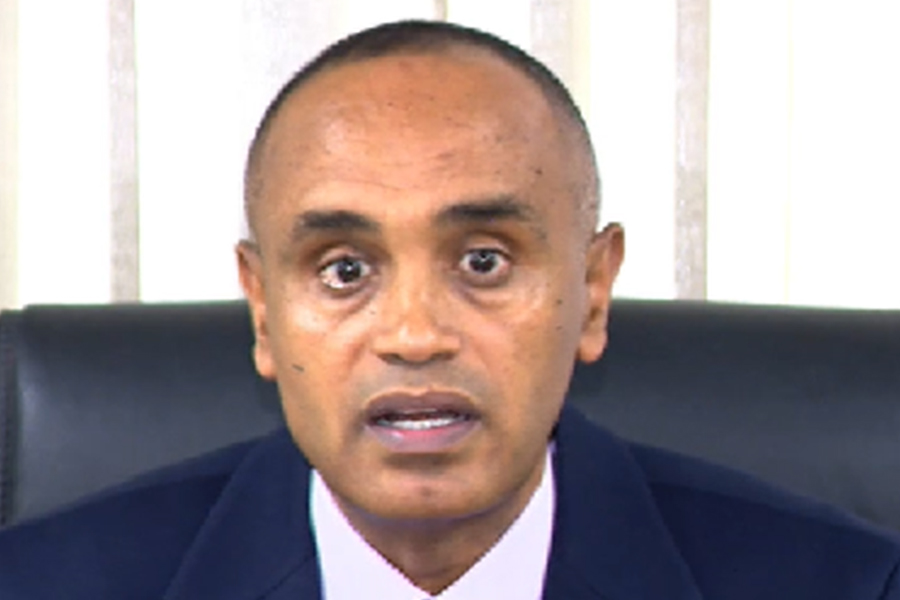
Verbatim | Mar 01,2024
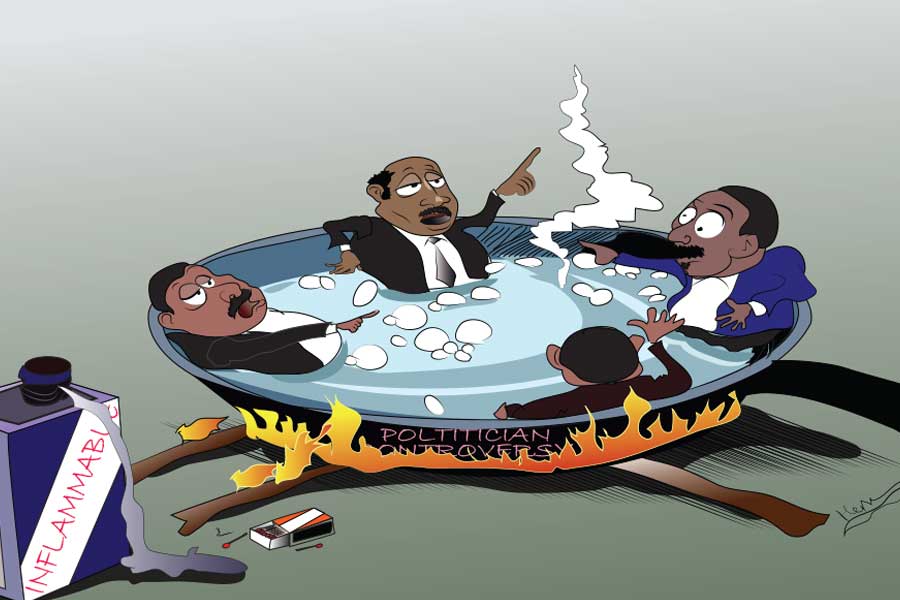
Editorial | Oct 05,2019

Radar | Oct 05,2019

Featured | Jul 10,2020
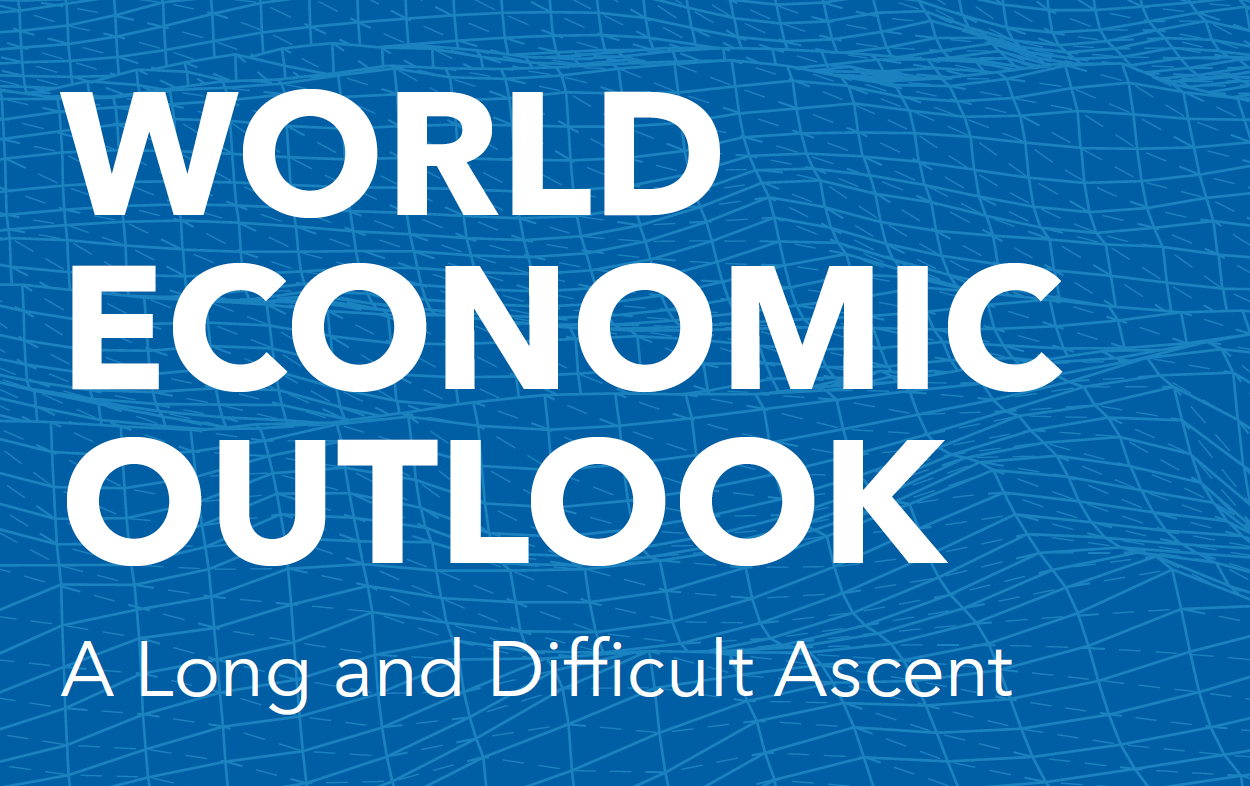
Covid-19 | Oct 13,2020

Viewpoints | Jul 18,2021
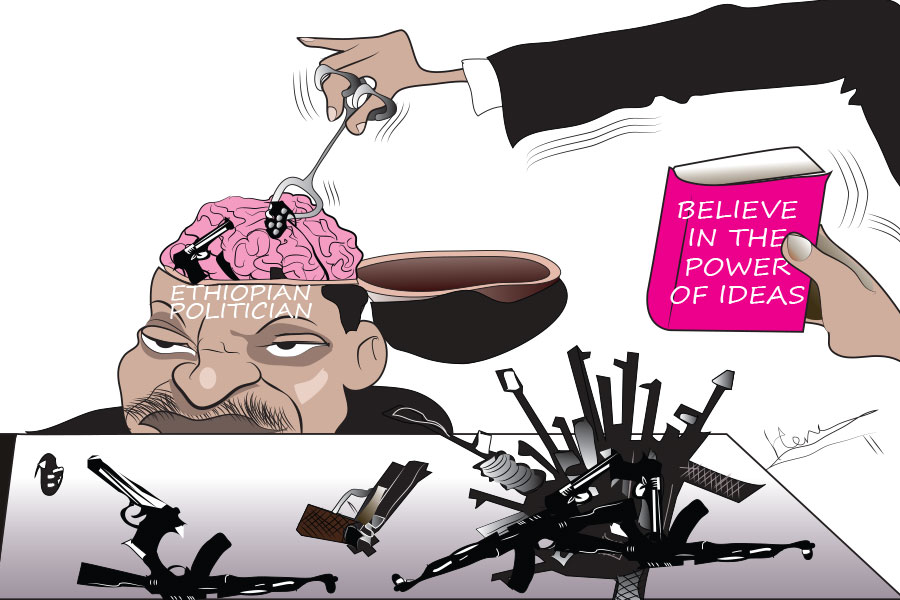
Editorial | Jun 29,2019

Radar | Jan 26,2019

Photo Gallery | 96130 Views | May 06,2019

Photo Gallery | 88391 Views | Apr 26,2019

My Opinion | 66994 Views | Aug 14,2021

Commentaries | 65715 Views | Oct 02,2021
My Opinion | Apr 13,2024

Feb 24 , 2024 . By MUNIR SHEMSU
Abel Yeshitila, a real estate developer with a 12-year track record, finds himself unable to sell homes in his latest venture. Despite slash...

Feb 10 , 2024 . By MUNIR SHEMSU
In his last week's address to Parliament, Prime Minister Abiy Ahmed (PhD) painted a picture of an economy...

Jan 7 , 2024
In the realm of international finance and diplomacy, few cities hold the distinction that Addis Abeba doe...

Sep 30 , 2023 . By AKSAH ITALO
On a chilly morning outside Ke'Geberew Market, Yeshi Chane, a 35-year-old mother cradling her seven-month-old baby, stands amidst the throng...

Apr 13 , 2024
In the hushed corridors of the legislative house on Lorenzo Te'azaz Road (Arat Kilo)...

Apr 6 , 2024
In a rather unsettling turn of events, the state-owned Commercial Bank of Ethiopia (C...

Mar 30 , 2024
Ethiopian authorities find themselves at a crossroads in the shadow of a global econo...

Mar 23 , 2024
Addis Abeba has been experiencing rapid expansion over the past two decades. While se...
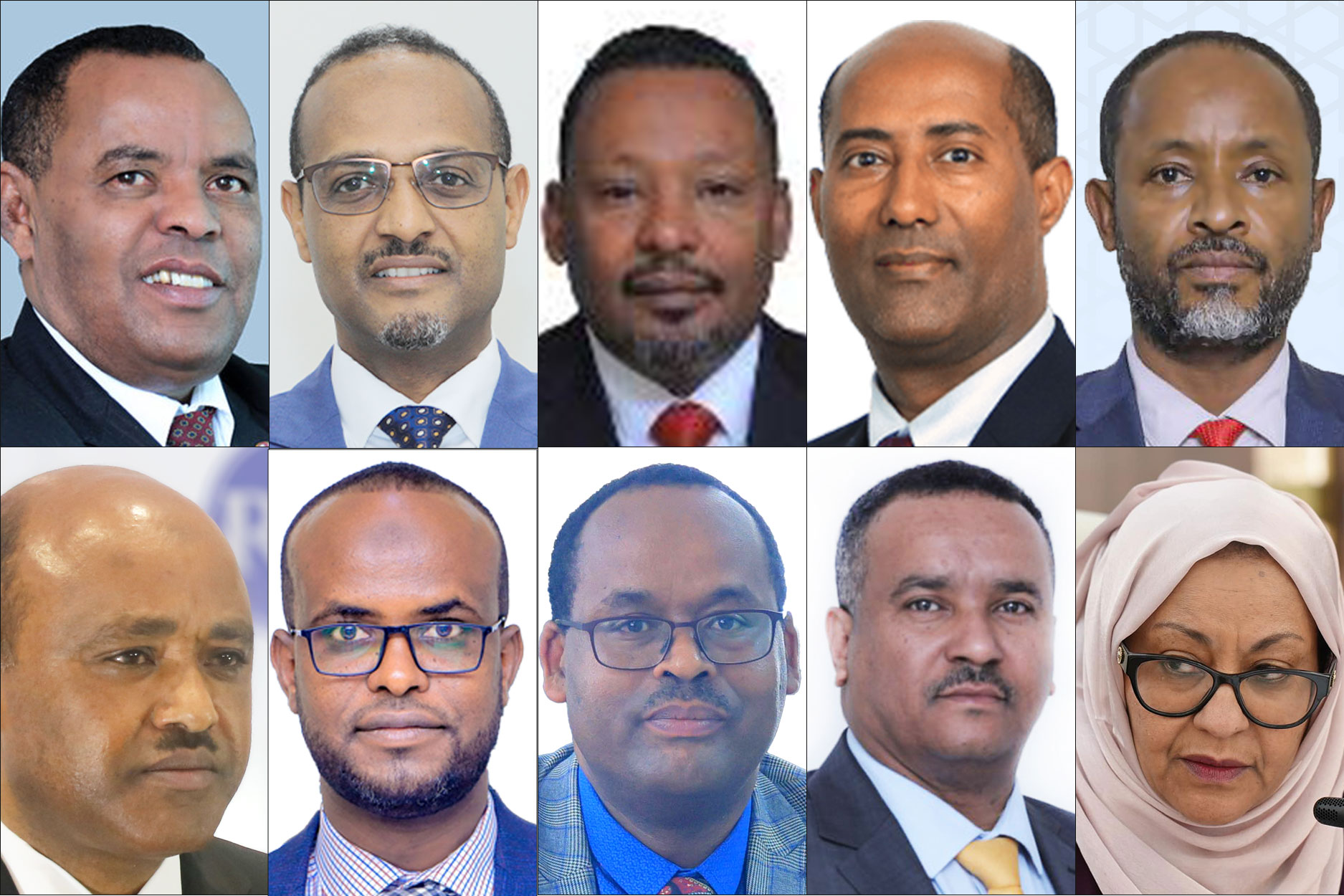
Apr 13 , 2024
A severe financial stranglehold has been imposed on the banking industry, underminin...
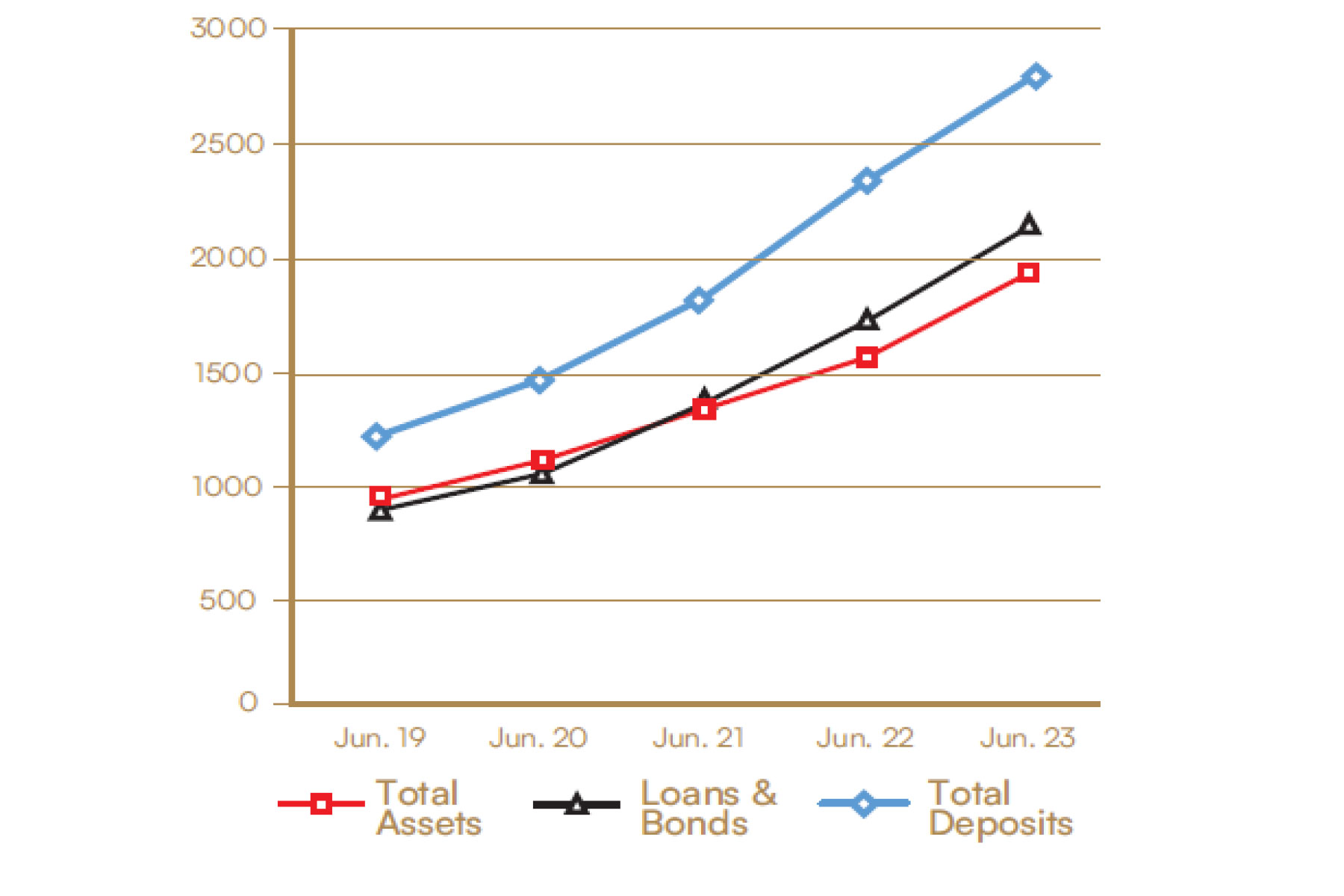
Apr 13 , 2024 . By MUNIR SHEMSU
In an unprecedented move, the central bank has published its inaugural stress test report, uncovering potential fault lines within the finan...
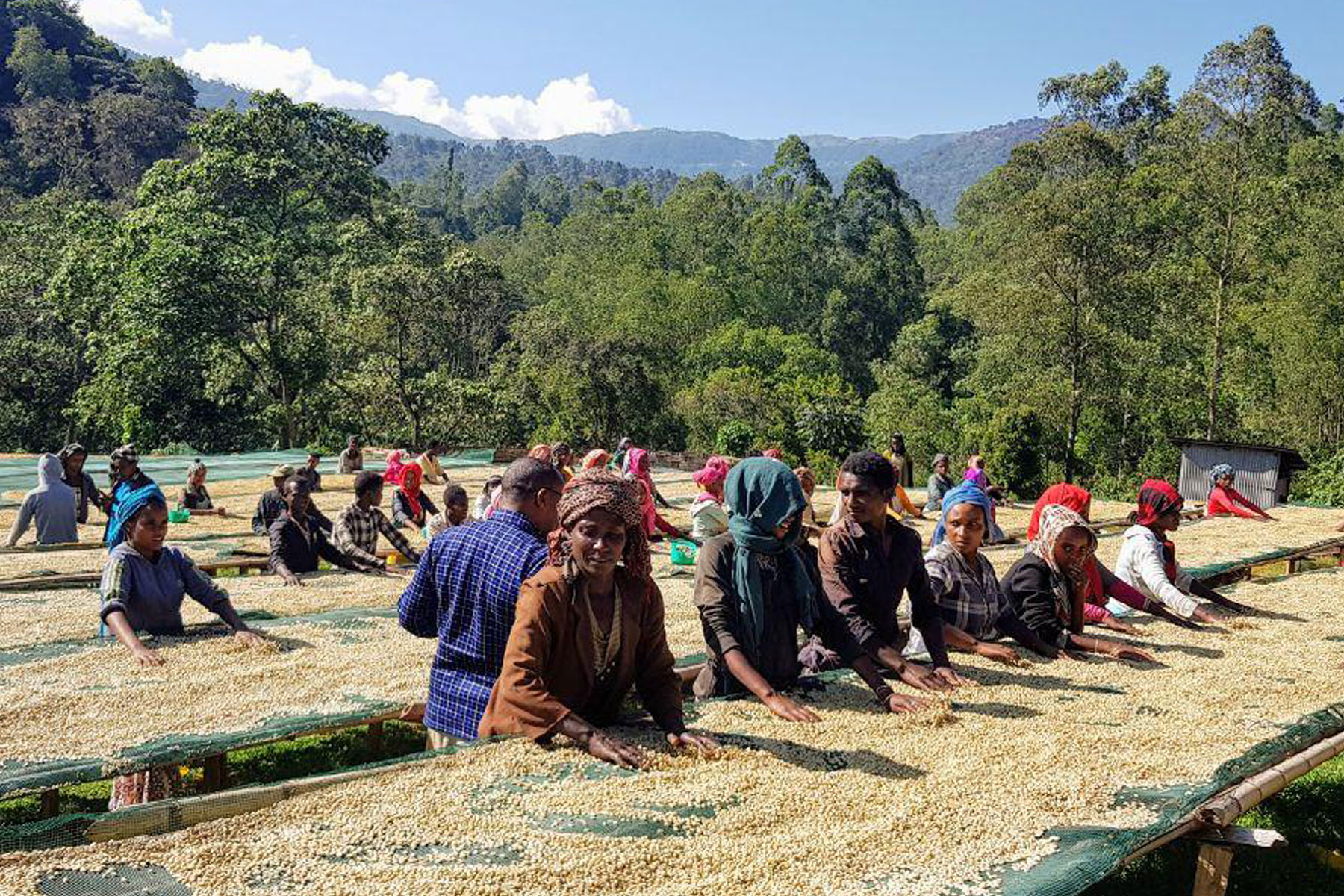
Apr 13 , 2024 . By MUNIR SHEMSU
In a bold departure from its historical position on foreign investment, the federal government has opened...
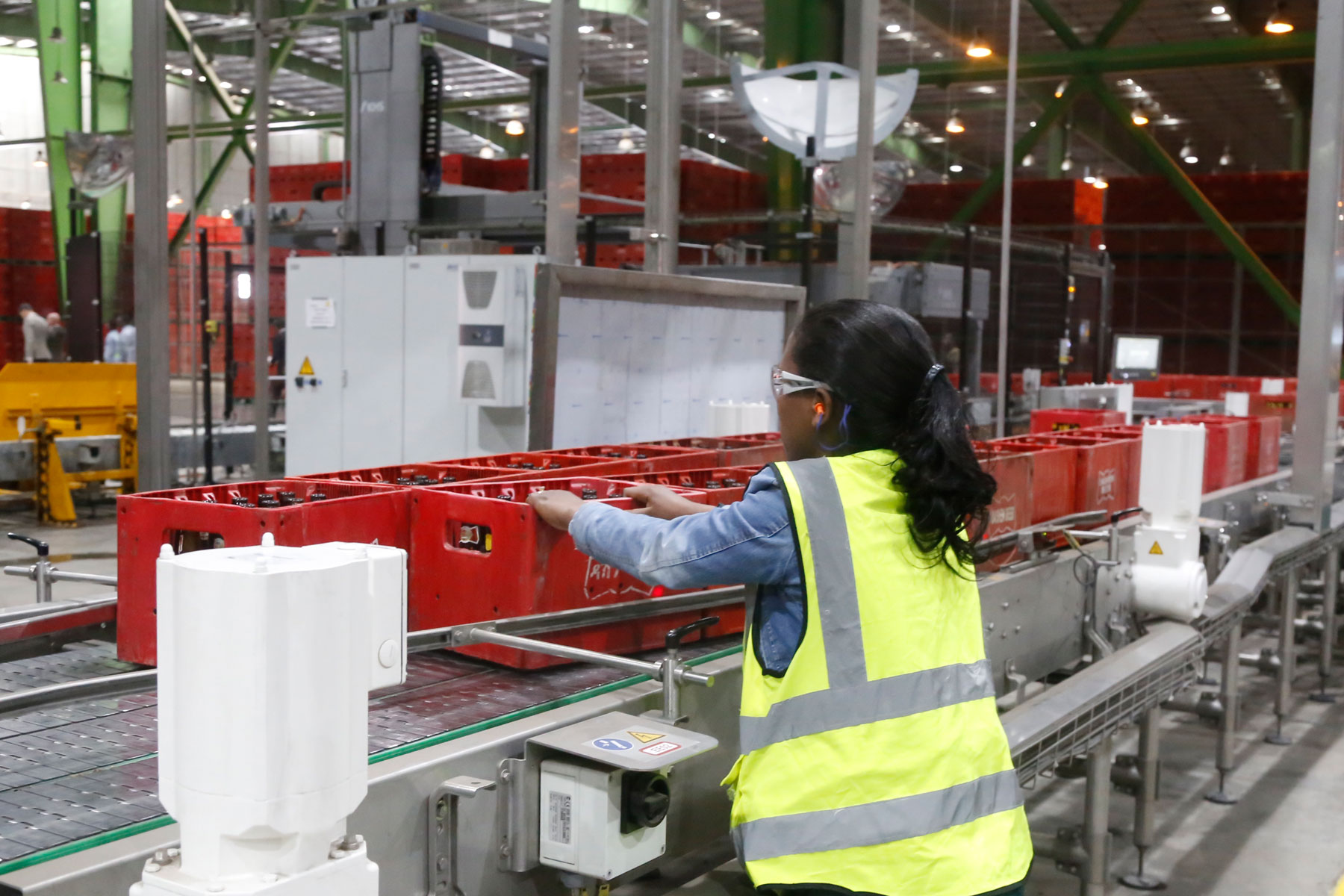
Apr 13 , 2024 . By AKSAH ITALO
A proposed excise tax stamp system draws controversy amongst industry leaders in the alcohol, tobacco, be...